On February 17, 2025, the National Conference on Artificial Intelligence and Smart Technologies was held at the Conference Center of the National Library and Archives of Iran, bringing together senior government officials, policymakers, private sector representatives, and members of the technology ecosystem. Supported by specialized institutions including the Iran National Venture Capital Association (INVCA), the event provided a platform for exchanging perspectives on strategies to develop emerging technologies—particularly artificial intelligence—within domestic industries.
The conference featured a series of expert panels and sessions focused on topics such as AI policymaking and regulation, implementation challenges in large industries, infrastructure requirements, and investment opportunities. The Iran National Venture Capital Association played a significant role in facilitating connections between investors and tech-driven companies, with the goal of strengthening ties between capital and innovation.
Keynote Speeches: Policy, Infrastructure, and Investment
In the keynote segment, Dr. Ali Khayyatian, President of the Innovation and Prosperity Fund of the Presidential Office, emphasized four critical pillars for AI development: infrastructure, networking, commercialization, and human capital empowerment. He stressed the pivotal role of the government in shaping and guiding this path, stating:
“The government simultaneously holds compensatory, supportive, and regulatory roles, and must act carefully in policy and governance.”
Dr. Khayyatian further highlighted the fund’s strategic focus on fostering collaboration between knowledge-based companies and large industries, noting:
“Operationalizing AI is one of our top priorities. Constructive engagement between these two sectors can lead to sustainable national development.”
Sajjad Neiry, Chairman of the Iran National Venture Capital Association, pointed to significant recent developments in the country’s innovation ecosystem that indicate the maturing of venture capital. Among these were Sarava’s exit from Digikala and MCI’s acquisition as a new owner—a rare example of a successful non-public exit. Similarly, Tapsell’s acquisition of Café Bazaar was noted as a successful M&A case reflecting endogenous growth and the formation of new value chains in the ecosystem.
Neiry mentioned that growing interest in IPOs by digital economy companies could open up new exit avenues for venture capitalists. He emphasized that maintaining this trend in 2025 and 2026 would require the participation of corporate venture capital (CVC) and the use of incentives like tax credits.
However, he also cited a key challenge: the misalignment between the short-term expectations of upstream institutions and the long-term nature of tech investment. This gap in outlook, he warned, could hinder the development of CVCs and limit the depth of innovation funding.
Additional speakers included Dr. Rouhollah Elyasi, Deputy for Policy and Development at the Vice-Presidency for Science, Technology, and Knowledge-Based Economy, and Dr. Mohammadamin Yazdi, an AI and data management expert from RWTH Aachen University, who offered insights on national policy, international potential, and governance frameworks for advancing high-tech sectors.
Panel Discussions: Challenges and Opportunities in Industry AI
The event featured a diverse range of panels, each exploring a vital aspect of artificial intelligence in industry. Topics included:
- Government and Regulation: Foundations of the Smart Industry Ecosystem
- Startups and Knowledge-Based Companies: The Driving Force of Industrial AI
- AI Investment and Business Models
- Smart Transformation in Large Enterprises: From Concept to Execution
- Infrastructure and Core Services: The Backbone of the Smart Industry
The Iran National Venture Capital Association played an advisory and enabling role in the panels on investment, commercialization, and bridging industry with technology. With a focus on enabling high-risk project financing, designing innovative financial instruments, and fostering collaboration between investors and tech players, the association seeks to chart actionable paths for AI investment.
A segment of the program analyzed the technological challenges and priorities of eight mature industries in Iran, while also showcasing the capabilities of knowledge-based firms active in these sectors. Fifteen technology startups presented their AI applications, and interactive sessions were held between investors and innovators to better align technological solutions with industrial needs.
Throughout the conference, the strategic role of the Iran National Venture Capital Association in strengthening the country’s tech investment ecosystem became increasingly apparent. By conducting policy research in innovative financing, collaborating with other economic and scientific institutions, designing public-private and private-private partnership models, and supporting the growth and scalability of knowledge-based enterprises, the association is poised to play a vital role in advancing transformative technologies like artificial intelligence in Iran.
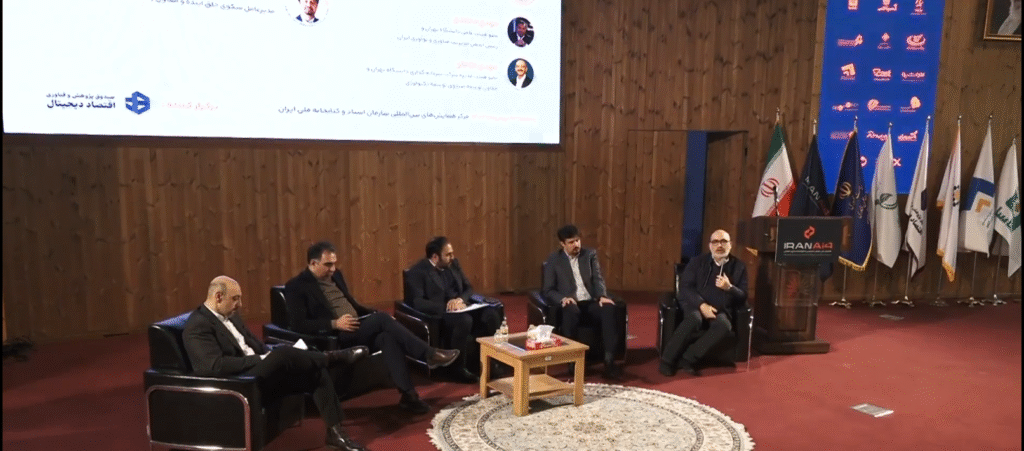
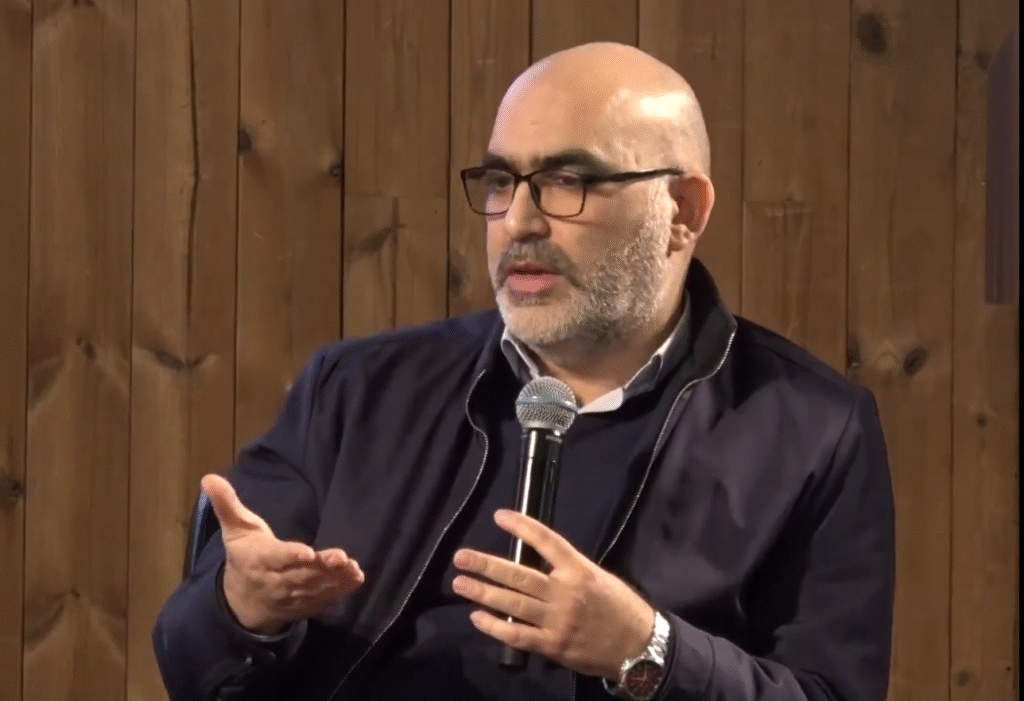
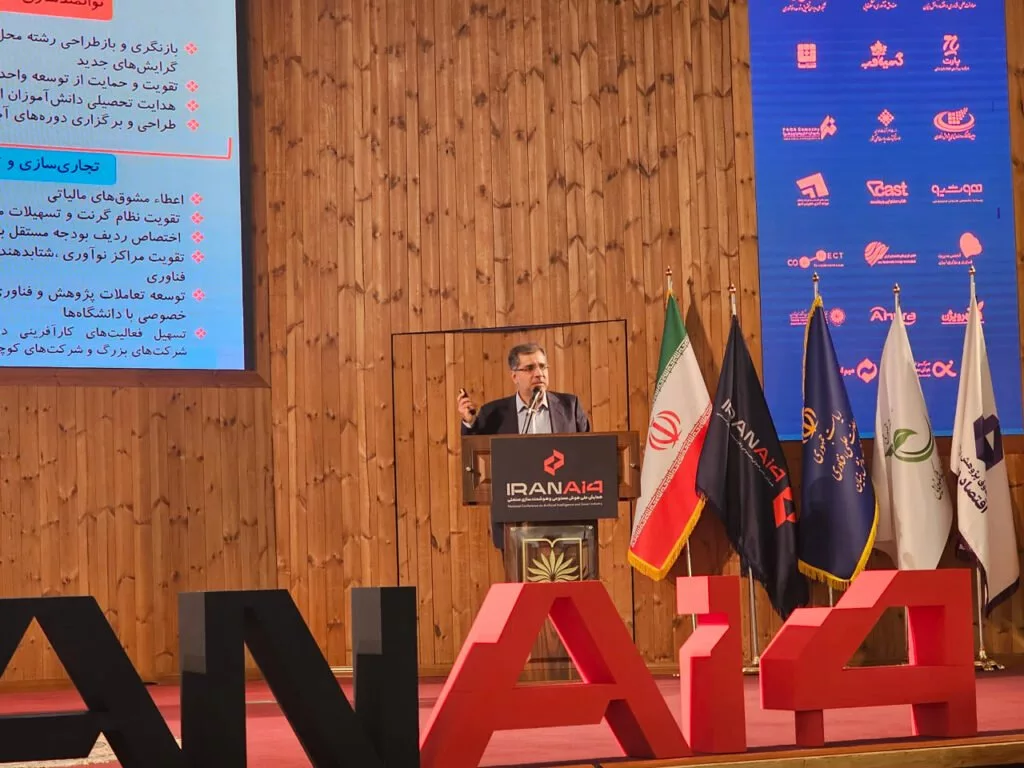
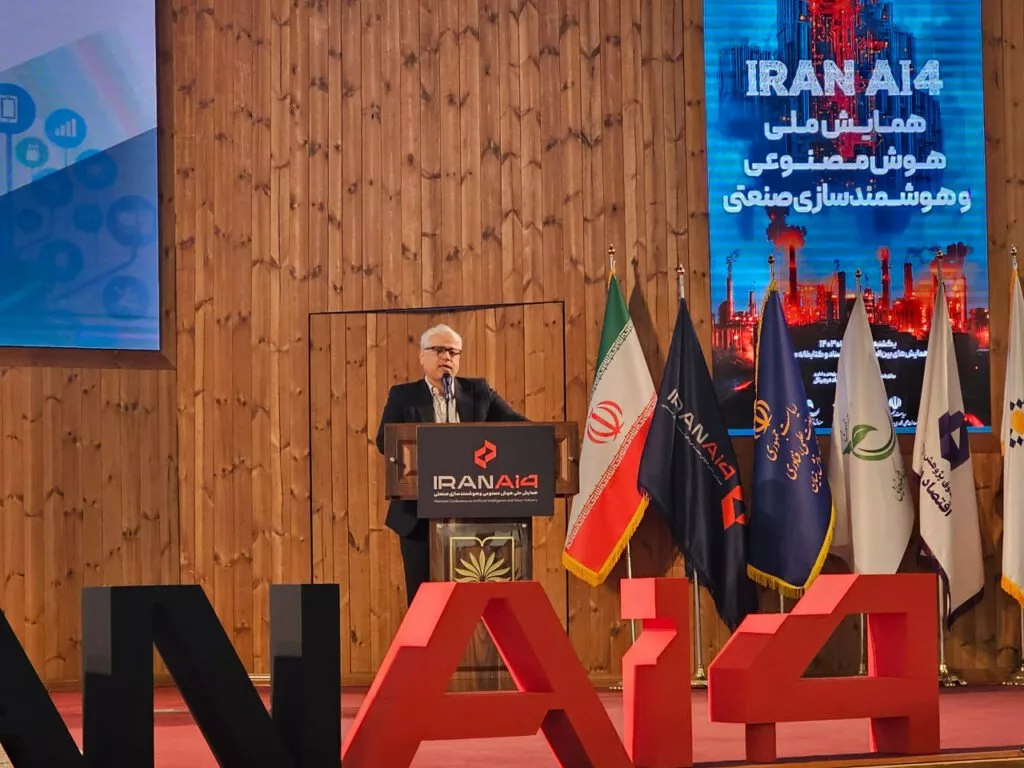
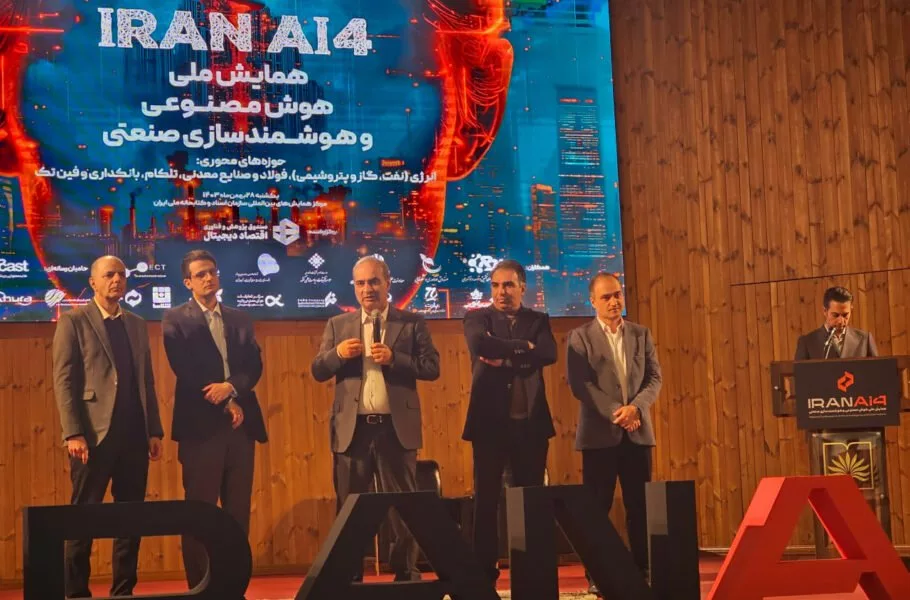
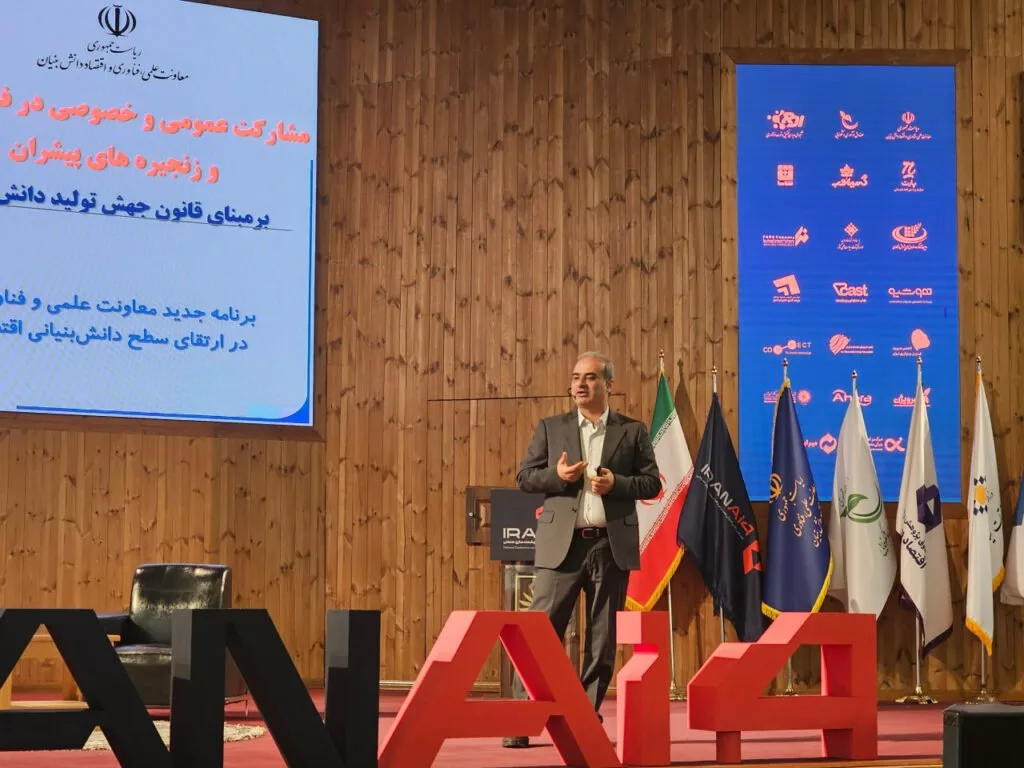
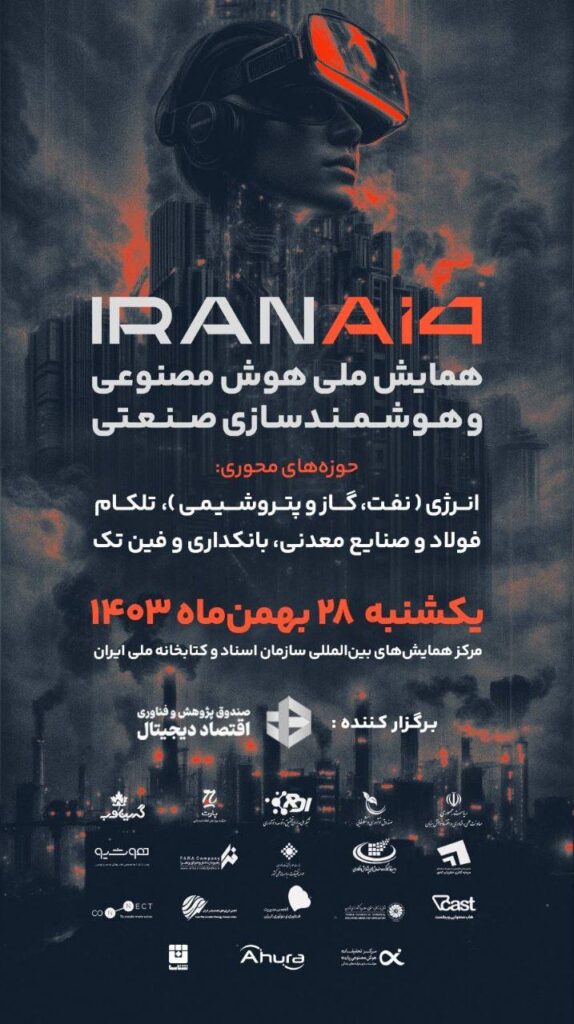


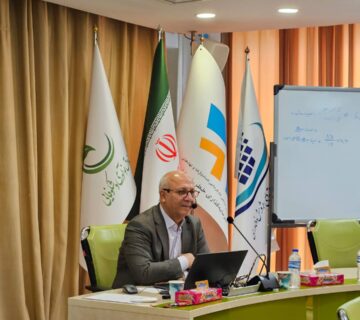
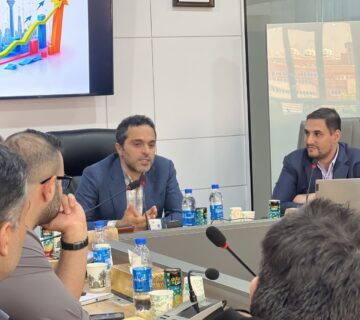
No comment